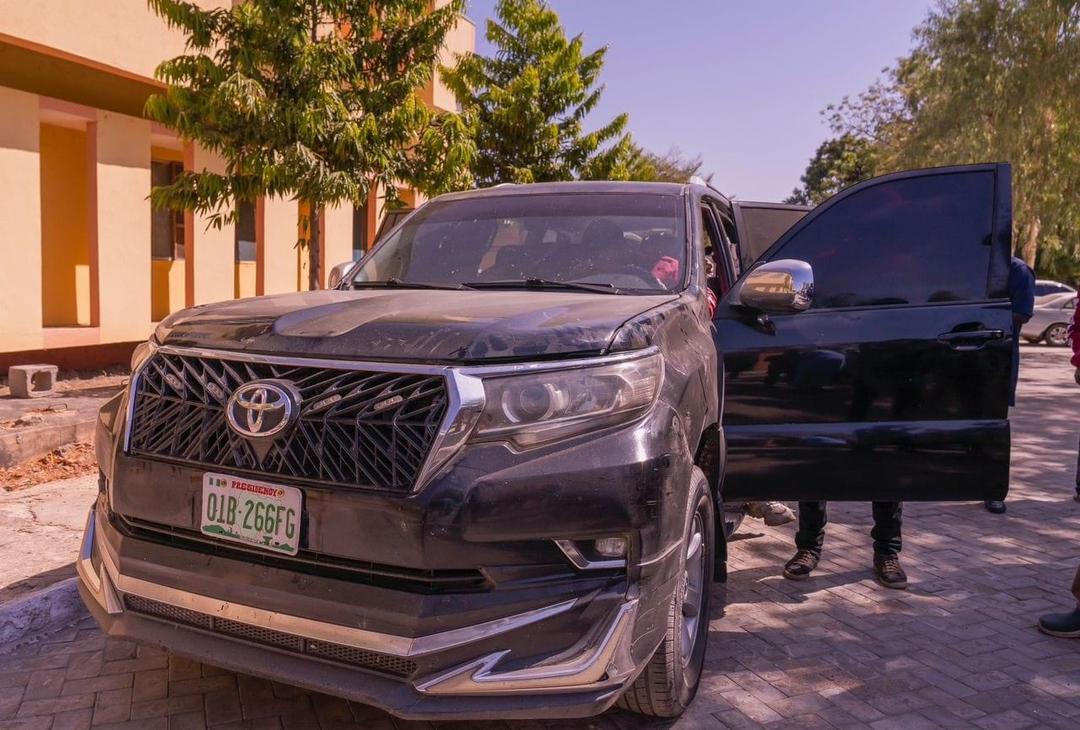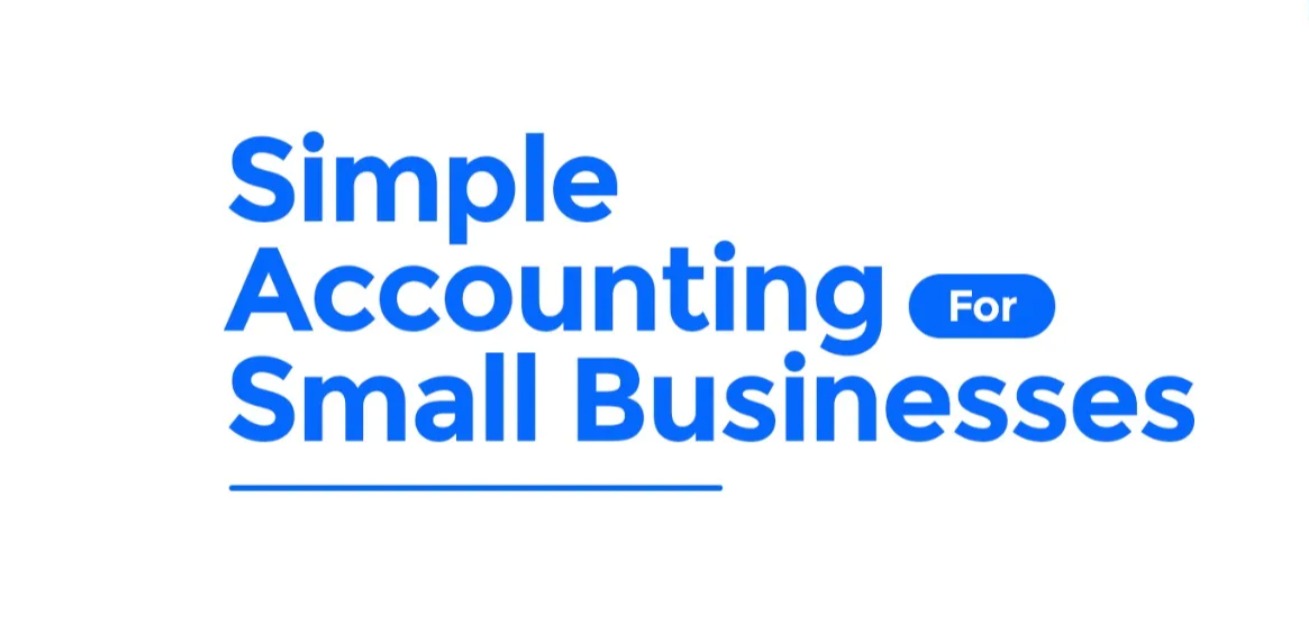
Buying land in Lagos can be a rewarding move—whether you’re planning to build a home, invest for the future, or start a commercial project. But while the opportunities are exciting, the process isn’t as straightforward as just paying and getting a receipt. Lagos, like many parts of Nigeria, has its peculiar legal and property documentation system, and understanding this system can be the difference between owning your land and losing your hard-earned money.
If you’re thinking about land ownership in this dynamic city, then knowing the documents you need to buy land in Lagos is not just helpful—it’s essential. These documents are your only legal shield in a city where land disputes and multiple claims are far too common.
Let’s break it all down in a way that’s easy to understand.
First Things First: Why Documentation Matters
In Lagos, land ownership is often a maze. There’s family land, government-acquired land, excised land, and committed land. Many buyers have found themselves entangled in court cases or financial loss simply because they didn’t know what papers to ask for. Documents give your land transaction structure and legality. Without them, your ownership is shaky at best and fraudulent at worst.
Now let’s walk through the key documents you must check for—and get—before buying land in Lagos.
The Survey Plan
This is the starting point. A survey plan shows the exact location and measurements of the land. It tells you where the land is and how big it is. More importantly, it helps confirm if the land falls within a government-acquired or committed area. Government-acquired lands are off-limits unless the land has been officially released (excised). A verified survey plan will also tell you whether the land has been registered before.
To be on the safe side, always take the survey plan to a registered surveyor or the Lagos State Surveyor General’s office for charting. That way, you know you’re not buying into trouble.
The Deed of Assignment
When land changes hands—from seller to buyer—a Deed of Assignment is what captures that transfer. This document states the details of the transaction: who sold it, who bought it, the size of the land, the location, and the terms of sale. It must also indicate the history of ownership—how the seller came to own the land in the first place.
This document is legally powerful and must be prepared by a property lawyer. After signing, it should be submitted for Governor’s Consent, which we’ll explain shortly. A Deed of Assignment without proper registration is like buying a car and not transferring the papers—ownership can easily be disputed.
The Certificate of Occupancy (C of O)
Now, this is one of the most talked-about property documents in Lagos. The Certificate of Occupancy, often called the “C of O,” is proof that the government officially recognizes someone’s right to occupy a piece of land for 99 years. If a land has a C of O, it means the land has been titled and recognized by the Lagos State Government.
Not all lands have this document, and that doesn’t always mean it’s illegal—but buying land with a valid C of O is the safest route. It reduces the risk of future government interference and makes getting loans or building approvals easier. However, it’s important to confirm that the C of O truly belongs to the land you’re buying. Cross-check with the Ministry of Lands to be sure.
The Governor’s Consent
This one often confuses people. If a land already has a C of O and is being sold to someone else, the new buyer must obtain the Governor’s Consent. Why? Because under Nigerian land law, no land transaction is considered fully legal without the consent of the Governor of the state.
The Governor’s Consent is not a casual formality—it’s a legal requirement. Without it, the sale remains incomplete in the eyes of the law. It’s part of what turns your Deed of Assignment into a fully recognized document.
The Gazette
Now, not all lands in Lagos are initially free from government acquisition. Some are acquired by the government but later released to the original landowners—often communities—through a formal process. When this happens, the release is published in an official record called a Gazette.
A Gazette shows that the land has been excised, meaning it is no longer under government acquisition and can now be owned and sold legally. If the land you’re planning to buy falls under this category, ask for the Gazette and verify it. Buying land with a valid Gazette is better than buying land with nothing at all, but still not as solid as a C of O.
The Receipt
Yes, it sounds basic, but the purchase receipt is also important. It shows that money has exchanged hands and helps to track the financial side of the transaction. It includes the date of purchase, the amount paid, the names of both parties, and the description of the land.
While a receipt alone doesn’t mean you now own land, it complements your other documents—especially the Deed of Assignment.
The Contract of Sale
This is sometimes prepared before the Deed of Assignment. It outlines the agreement between both parties before the land is officially transferred. Think of it as a promise-to-sell document. It usually spells out payment terms (e.g., installments), timelines, and other conditions of the sale.
It’s useful in cases where payment is staggered over time or where the buyer needs a few months to perfect documents. However, it is not a substitute for the Deed of Assignment.
Family or Community Consent (if it’s family land)
If you’re buying land from a family or community—which is still common in Lagos—you must get the consent of all principal family members or the land-owning community heads. This is very important. If just one person signs and others later disagree, your ownership could be challenged.
Many people have found themselves battling “omo onile” (land touts or family claimants) simply because they didn’t get proper family or community consent. Ensure a family resolution or legal confirmation is obtained.
Government Allocation Letter (for government schemes)
If you’re buying land from a government housing scheme or state-owned development, you’ll receive a Government Allocation Letter. This letter assigns the land to you and states the terms under which you can occupy it.
This letter usually comes before the C of O is issued, and it’s your first legal evidence of land allocation. It is very common in places like Lekki and other government-developed areas in Lagos.
Conclusion: Don’t Just Buy Land—Buy Peace of Mind
Buying land in Lagos is a serious investment. And while the market is full of promises, it’s also full of pitfalls. Knowing the documents you need to buy land in Lagos can help you avoid heartache and financial loss. Whether you’re buying land with a C of O, a Gazette, or through a Deed of Assignment, make sure everything is checked, verified, and registered properly.
Don’t just depend on what the seller says. Involve professionals—real estate lawyers, surveyors, and agents who understand Lagos terrain. Always confirm documents from the Lagos State Land Registry and avoid cash-only deals without paperwork. The right documents protect your ownership today and into the future.
If you’re ever in doubt, ask questions. And if you’re serious about doing it right, reach out to someone who knows the Lagos real estate landscape like the back of his hand. Someone like, well… me.
By: Dennis Isong
The post Complete list of documents you need to buy land in Lagos appeared first on Latest Nigeria News | Top Stories from Ripples Nigeria.

.png) 6 hours ago
2
6 hours ago
2







.png)






 English (US) ·
English (US) ·